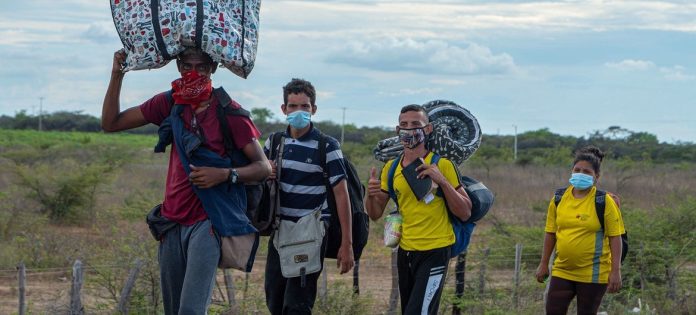As humanitarian funding shrinks and global displacement continues to rise, the international community is being urged to rethink its response to refugee crises. Rather than focusing solely on border security and short-term aid, new strategies are highlighting the benefits of integrating refugees into host societies.
At a recent high-level meeting of the UN Economic and Social Council (ECOSOC) in New York, global leaders, including refugee experts and country representatives, called for more inclusive, long-term policies that serve both refugees and the communities that receive them.
A Crisis Growing in Complexity
In 2024, over 122 million people were forcibly displaced by war, climate change, hunger, and poverty. Most of them—around 70%—now reside in low- and middle-income countries, according to ECOSOC President Bob Rae.
UN High Commissioner for Refugees Filippo Grandi emphasized that the current global focus on border control often comes at the expense of human rights, and urged for a shift in priorities.
“Inclusion means more than safety. It means access to healthcare, education, job opportunities, and documentation—tools that allow refugees to rebuild their lives and contribute to their new communities,” said Grandi.
Examples of Inclusive Refugee Policies
Two countries—Colombia and Mauritania—shared real-world success stories on how empowering refugees has benefited their nations.
Colombia: Legal Protections and Integration for Venezuelans
In 2021, Colombia introduced a Temporary Protection Status (TPS) program for Venezuelan refugees. This initiative gave 2.5 million Venezuelans legal documentation, allowing access to:
- Public healthcare and education
- Legal employment
- Social services
Not only has TPS restored dignity and stability for refugees, but it has also helped Colombia better manage refugee flows, boosting both social integration and national security.
Mauritania: Embracing Refugees as Contributors
For more than a decade, Mauritania has welcomed refugees from Mali, upholding their rights to work, study, and access healthcare. The government treats refugees as equal partners in development, supporting both refugee and host communities through:
- Investments in education and livelihoods
- Enhanced social cohesion efforts
- Local development initiatives that benefit all
A New Approach to Forced Displacement
Speakers at the ECOSOC event stressed that refugee integration should be seen as an opportunity—not a burden. While financial aid remains vital, the focus must now shift to building resilient communities that empower displaced people to contribute economically, socially, and culturally.
“We can no longer afford to separate refugee protection from development,” said ECOSOC President Rae. “By investing in both, we build stronger, more inclusive societies.”




